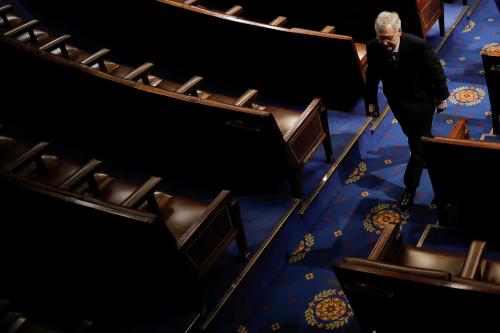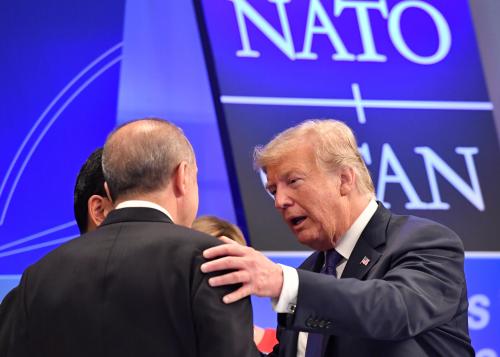Editor’s Note: This paper on the 100th annivesary of the adoption of the 17th Amendment is published by Governance Studies at Brookings and is Number 59 in the Issues in Governance Studies series.
May 31st, 2013 marks the 100th anniversary of the adoption of the 17th Amendment, which ushered in direct elections of U.S. senators. The Framers established indirect elections – by state legislators – as a means of shielding the U.S. Senate from public influence and as such, allowed it to act as a counterweight to the directly elected House of Representatives. The impetus for changing the Constitution lay in the perceived corruption and inefficiency that marked indirect elections, and the 17th Amendment was part of the larger Progressive movement that called for more open, accessible, and responsive government. At the same time, states instituted direct primaries for federal and state offices, which presumably gave more power to the voters and less power to party elites. This paper is based on a larger project which investigates the dynamics of Senate elections in the indirect system using an original data set of roll call votes for U.S. senator taken in all state legislatures from 1871-1913. Wendy J. Schiller and Charles Stewart III find that while U.S. Senate elections in the indirect age were more conflicted than previously believed, there are strong parallels to today’s Senate in terms of the types of candidates that run for Senate, the role of money in elections, the role of partisan elections, and the nature of Senate ideological and legislative behavior. More broadly, Schiller and Stewart suggest that the 17th Amendment has failed to deliver on its promise, and has produced a Senate that is even less responsive to voters than it was under the indirect election system.




